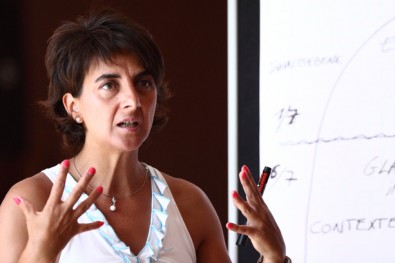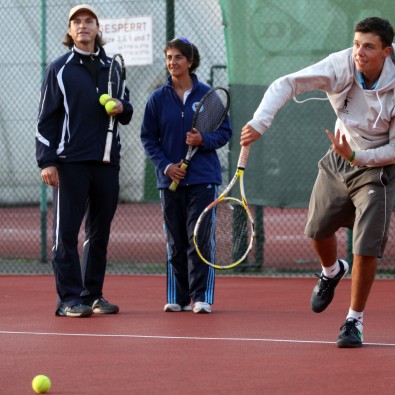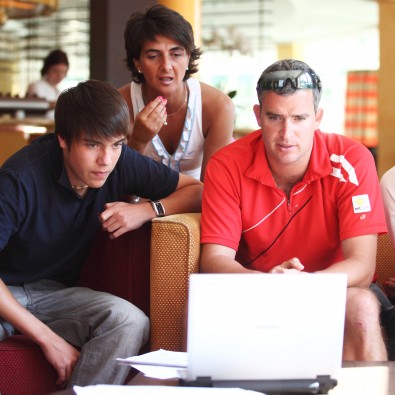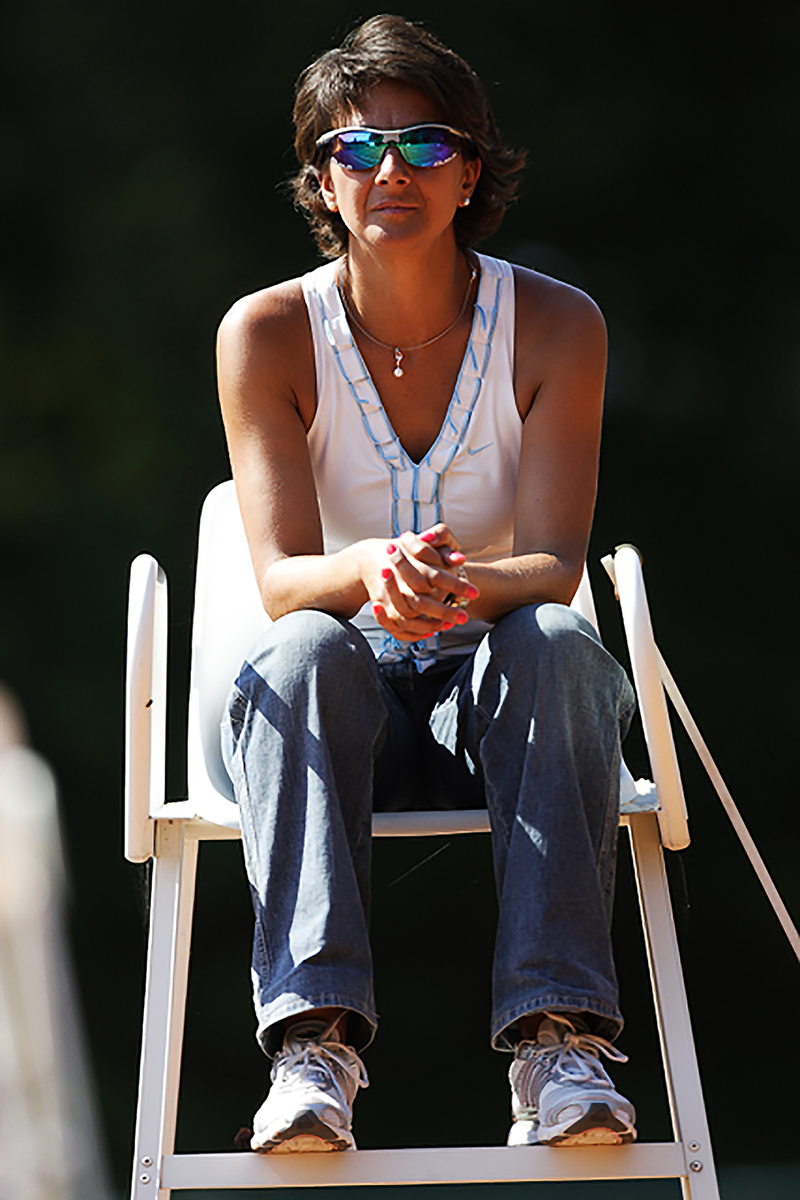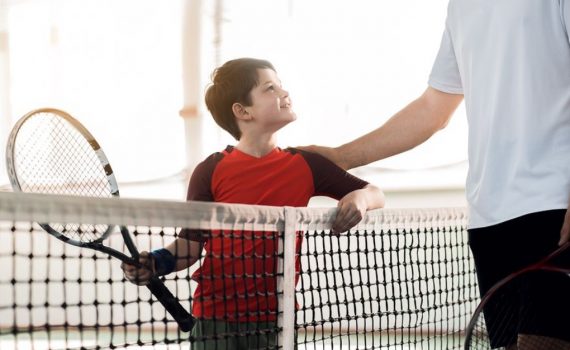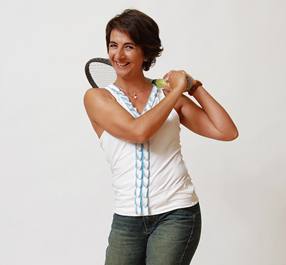You are an ambitious tennis coach and committed to your work. You train professional players and players with a good level of competition who also have the potential to become professionals. You like to look further, to inquire, and your way of working is unconventional. You are open to new trends, technologies and methods. For you, growing as a coach in an interdisciplinary framework is one of the pillars of success. For you it is fundamental to work in team and you think that developing values such as professionalism, responsibility, team spirit, commitment, discipline, demands, humility, acceptance and commitment are the pillars of your work in the training of champions and people. In your daily work you find the following situations:
- Your players do not show their training level in competition. They get nervous during the tournament, they get angry when they make unnecessary mistakes, they give up when things go wrong. After losing a game or several games that they hoped to win, you have to take time to motivate them and give them the confidence they need. Although you have talked a lot with them, you note that their attitude and enthusiasm in training are not the same. They make an effort to improve but in the end you know that they are discouraged. Or, on the other hand, you notice that they press themselves, that they want too much, they want to do it very well and they are not loose in the execution of their shots. For one reason or another, because you see them depressed or with a lot of pressure, they decrese their performance and stagnate. They are not able to achive the change you want and the training becomes more difficult and less rewarding for everyone.
- In competition you see that your players fail into the same situations over and over again: a) when they are ahead on scoreboard, for reasons you do not know, they stop playing well and begin to make mistakes and lose. B) Against better opponents they grow but against players who can win they get nervous and play below their possibilities. C) They play the first set very well, getting their best tennis and dominating the opponent. Suddenly, and without knowing why, they lose concentration and although they have some phases of good play it is not enough to win the match.
- During prctice some players do not show the attitude and discipline that you would like them to, are not focused and occasionally do not follow your instructions and the improvements you offer. Sometimes they lack the capacity for necessary sacrifice to get out of difficult situations and even though they do the exercises, you notice that they are absent. They lack the confidence and the ability to fight and to look for the necessary solutions to develop consistency in their game and rise to the next level.
Sometimes it is difficult for you to combine your family life with your work. Competitive tennis demands many hours on court and you also have to travel frequently to tournaments. You fear that your family life will be reduced so much that you can not enjoy your family for as long as you want.
What you want is: Players who have a winning personality, an intense work ethic in training and competition. That they are committed, open to surpassing themselves and to learn, with enthusiasm, with the capacity of struggle and improvement, concentrated and involved in the task. You want to help your players know how to overcome the stress of competition and understand the adversities and defeats as challenges for those who can learn and grow personally and as tennis players. That they learn to be demanding with themselves, to know how to accept failure, to endure frustration, to know how to use their resources better and to be more successful. You also want to improve your communication with them to understand and support them in their development and learning process. To transmit human and sports values to them so that they grow as a player and person and they become winners in life. You want to optimize your teamwork with the other coaches to increase your success together and use synergies. In addition you aspire to guide the parents better and to support them in the educational and formative process of their children. You want to reconcile your professional and private life. In short, as a coach you want to have a professional life that is motivating, rewarding, fun, consistent, responsible and successful.






